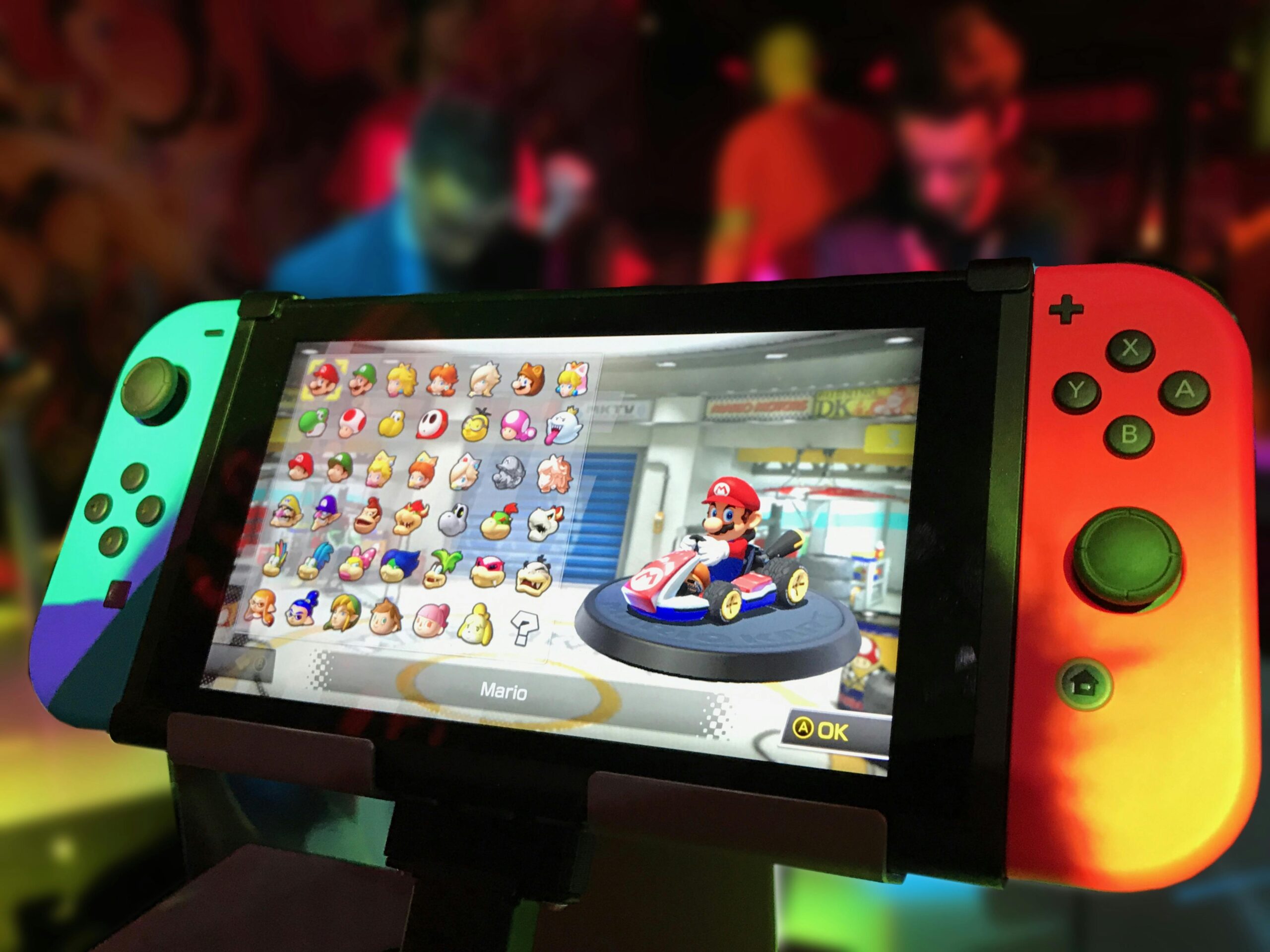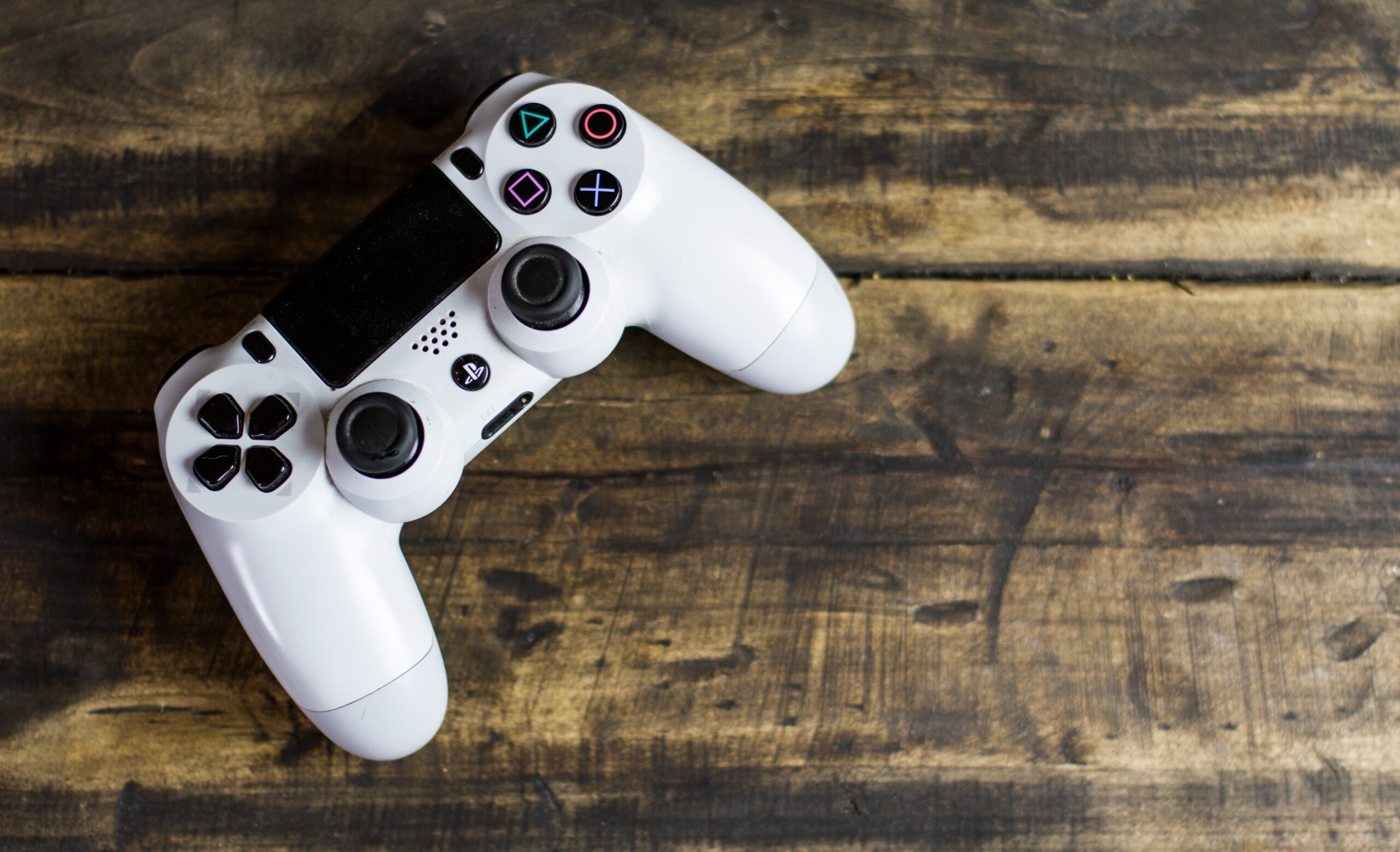Are you tired of experiencing frustrating lag while gaming? Want to improve your overall gaming experience? Look no further! In this article, we will explore some simple yet effective ways to reduce lag with your gaming setup. From optimizing your internet connection to tweaking your graphics settings, we have got you covered. So, get ready to take your gaming performance to the next level and bid farewell to lag once and for all!
Optimizing Internet Connection
Choosing a Stable Connection
To reduce lag in your gaming setup, it is essential to optimize your internet connection. Start by choosing a stable and reliable internet service provider. Research different options available in your area, and select the one that offers low latency and high-speed connectivity.
Using a Wired Connection
Using a wired connection instead of relying on Wi-Fi can significantly reduce lag in your gaming experience. Ethernet cables guarantee a more stable and consistent internet connection, minimizing the chances of lag occurring during crucial gaming moments.
Minimizing Network Traffic
To ensure smooth gameplay with minimal lag, it is crucial to minimize network traffic. Avoid downloading or streaming large files simultaneously while gaming, as it can consume a significant portion of your internet bandwidth and increase latency.
Lowering Ping with QoS Settings
Quality of Service (QoS) settings can be adjusted on your router to prioritize gaming traffic over other activities happening on your network. By configuring QoS settings, you can reduce ping and ensure your gaming data is given priority, resulting in a smoother gameplay experience.
Upgrading Hardware
CPU and GPU Performance
In some cases, lag may be caused by inadequate hardware capabilities. Upgrading your computer’s Central Processing Unit (CPU) and Graphics Processing Unit (GPU) can significantly improve gaming performance. Ensure that your hardware meets the recommended requirements of the games you play.
Increasing RAM
Insufficient RAM can also contribute to lag during gaming sessions. Upgrading your computer’s RAM can provide additional memory to handle resource-heavy games and reduce lag caused by excessive load times.
Solid State Drive (SSD)
Consider upgrading to a Solid State Drive (SSD) for faster data access and loading times. SSDs are significantly faster than traditional Hard Disk Drives (HDDs), reducing lag caused by slow data transfer rates.
Optimizing Cooling
Overheating can cause your hardware to throttle performance, leading to lag. Ensure proper cooling of your computer components, including CPU and GPU, by cleaning dust and maintaining good airflow. Consider investing in additional fans or liquid cooling systems for optimal temperature control.
Managing Background Processes
Task Manager
Background processes running on your computer can consume valuable system resources, causing lag in games. Use the Task Manager in Windows or Activity Monitor on macOS to identify and close any unnecessary programs or applications running in the background.
Disabling Startup Programs
Certain programs may launch automatically during system startup, consuming resources and impacting gaming performance. Disable unnecessary startup programs through the System Configuration utility in Windows or using the Login Items settings on a macOS.
Optimizing Antivirus Software
While antivirus software is important for protecting your computer, some programs can be resource-intensive and impact gaming performance. Opt for lightweight antivirus software that offers real-time protection without significantly slowing down your system.
Closing Unnecessary Applications
Closing Web Browsers and Streaming Services
Web browsers and streaming services consume significant bandwidth and system resources. Close any unnecessary browser windows or streaming platforms before gaming to free up resources and reduce the chances of lag occurring.
Exiting Resource-Heavy Applications
Certain resource-intensive applications like video editing software or virtual machines can impact gaming performance. Make sure to exit these applications before starting your gaming session to dedicate maximum resources to your game.
Disabling Windows Thumbnail Previews
Windows generates thumbnail previews when you hover over icons in the taskbar, which can consume CPU resources. Disable this feature to reduce system load and decrease the chances of lag during gaming.
Adjusting In-Game Settings
Lowering Graphics Quality
Reducing graphics quality settings in your games can have a significant impact on performance. Experiment with lowering settings like resolution, textures, shadows, and effects to find a balance between visual quality and smooth gameplay.
Disabling V-Sync
Vertical Synchronization (V-Sync) can introduce input lag and impact gaming performance. Consider disabling V-Sync in games where high responsiveness is more important than screen tearing prevention.
Adjusting Field of View (FOV)
Increasing the Field of View (FOV) in games can provide a wider perspective, but it can impact performance. Find a balance between a comfortable FOV and maintaining a smooth gaming experience.
Disabling Motion Blur and Depth of Field
Motion Blur and Depth of Field effects can enhance visuals, but they can also cause lag. If you are experiencing consistent lag, consider disabling these effects in your games.
Updating Graphics Drivers
Outdated graphics drivers can lead to performance issues and lag in games. Regularly update your graphics drivers to ensure optimal performance and compatibility with the latest games. Visit the manufacturer’s website or use dedicated software to keep your graphics drivers up to date.
Clearing Temporary Files
Temporary files can accumulate on your system during regular computer usage and impact gaming performance. Use built-in tools like Disk Cleanup on Windows or third-party software to regularly clear temporary files, freeing up valuable storage space and potentially reducing lag.
Conclusion
By optimizing your internet connection, upgrading hardware components, managing background processes, closing unnecessary applications, adjusting in-game settings, updating graphics drivers, clearing temporary files, using a wired connection, minimizing network traffic, and lowering ping with QoS settings, you can effectively reduce lag in your gaming setup. Implement these strategies to enhance your overall gaming experience and enjoy smoother gameplay without frustrating delays.











